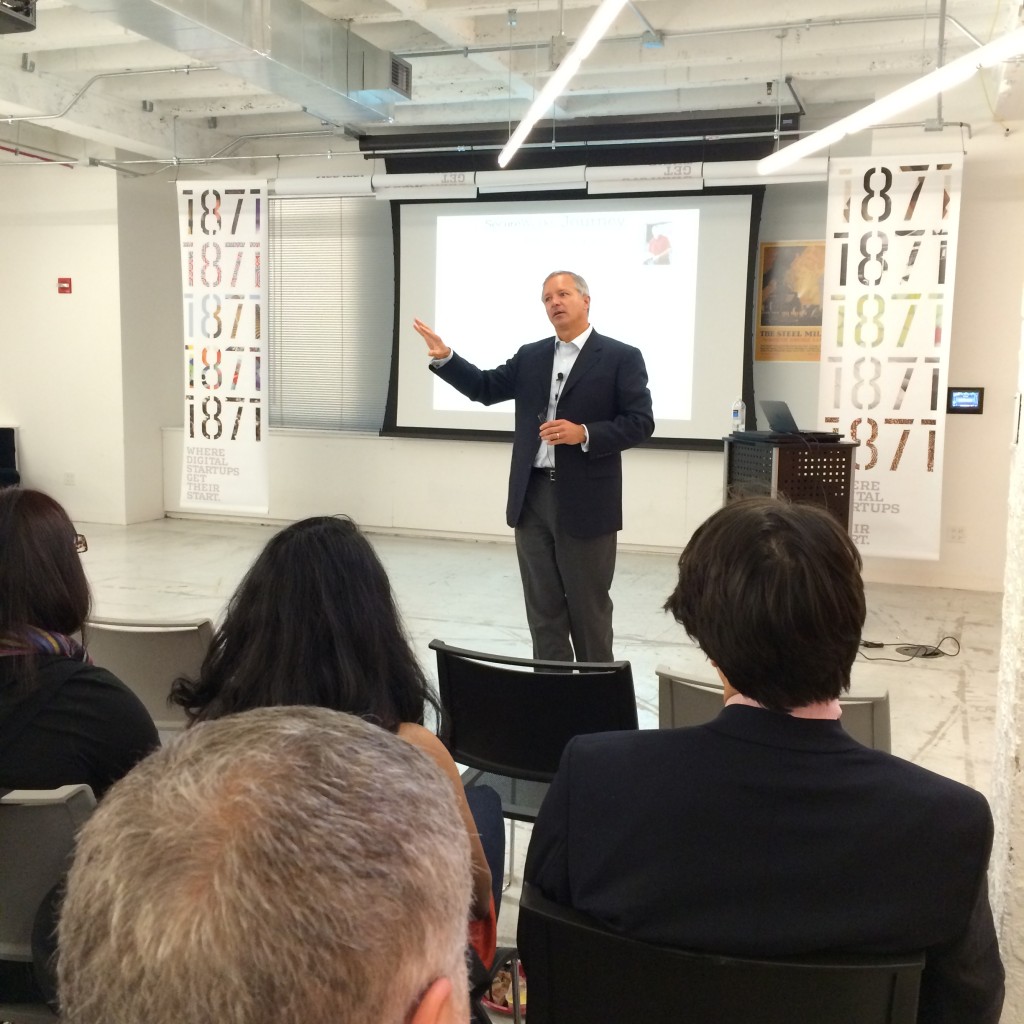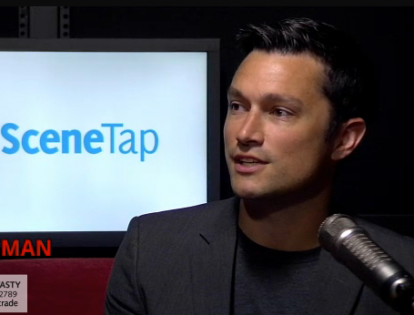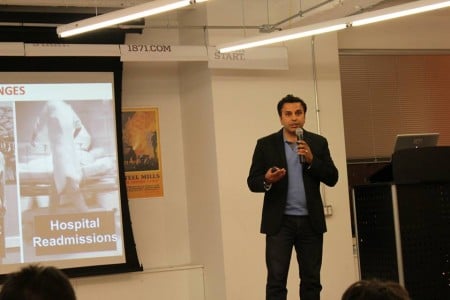Got a startup with no marketing budget? Join the club. When we started Orbit Media in 2001, we had two computers and a phone. No budget for anything, really. And it was a slow start. It took years to build up our network and our pipeline.
[Read more…] about Marketing Advice for Startups: 9 Tips for Bootstrappers





